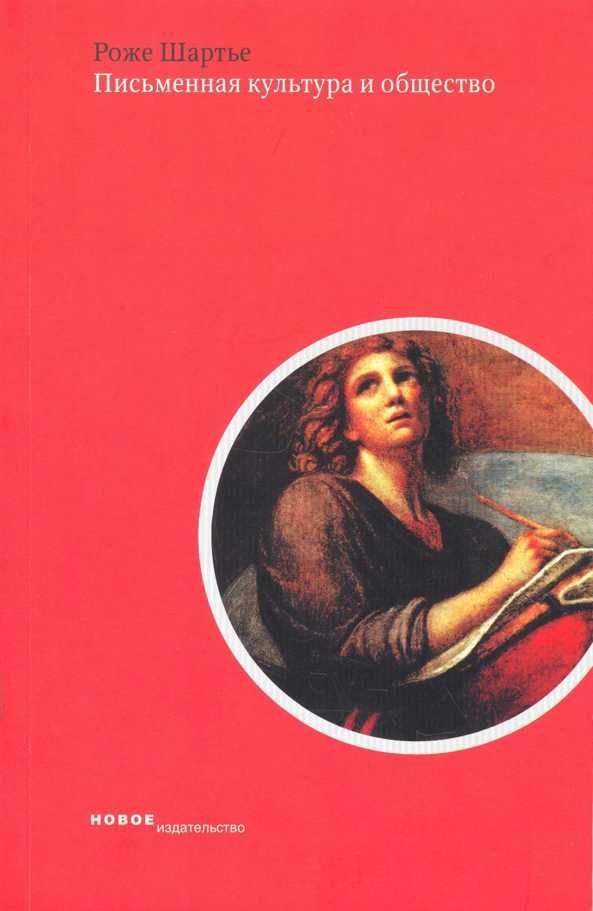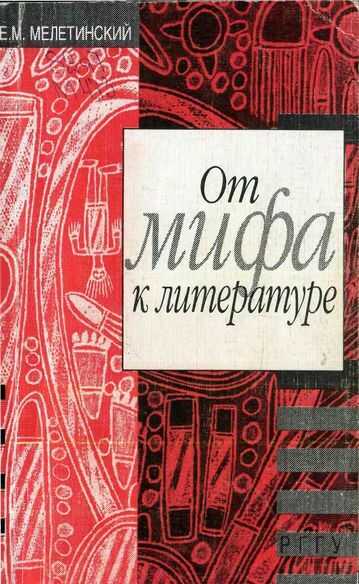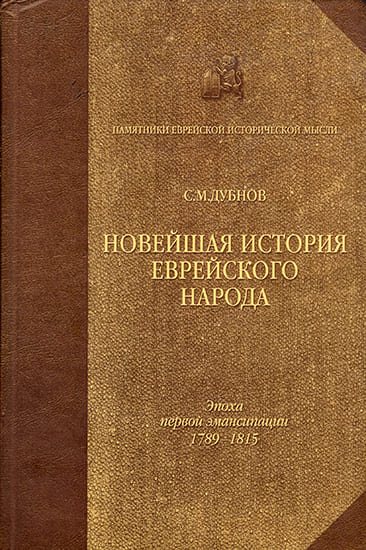Книга Культурные истоки французской революции - Роже Шартье
На нашем литературном портале можно бесплатно читать книгу Культурные истоки французской революции - Роже Шартье полная версия. Жанр: Книги / Разная литература. Онлайн библиотека дает возможность прочитать весь текст произведения на мобильном телефоне или десктопе даже без регистрации и СМС подтверждения на нашем сайте онлайн книг knizki.com.
Шрифт:
-
+
Интервал:
-
+
Закладка:
Сделать
Перейти на страницу:
Перейти на страницу:
Внимание!
Сайт сохраняет куки вашего браузера. Вы сможете в любой момент сделать закладку и продолжить прочтение книги «Культурные истоки французской революции - Роже Шартье», после закрытия браузера.
Книги схожие с книгой «Культурные истоки французской революции - Роже Шартье» от автора - Роже Шартье:
Комментарии и отзывы (0) к книге "Культурные истоки французской революции - Роже Шартье"
























